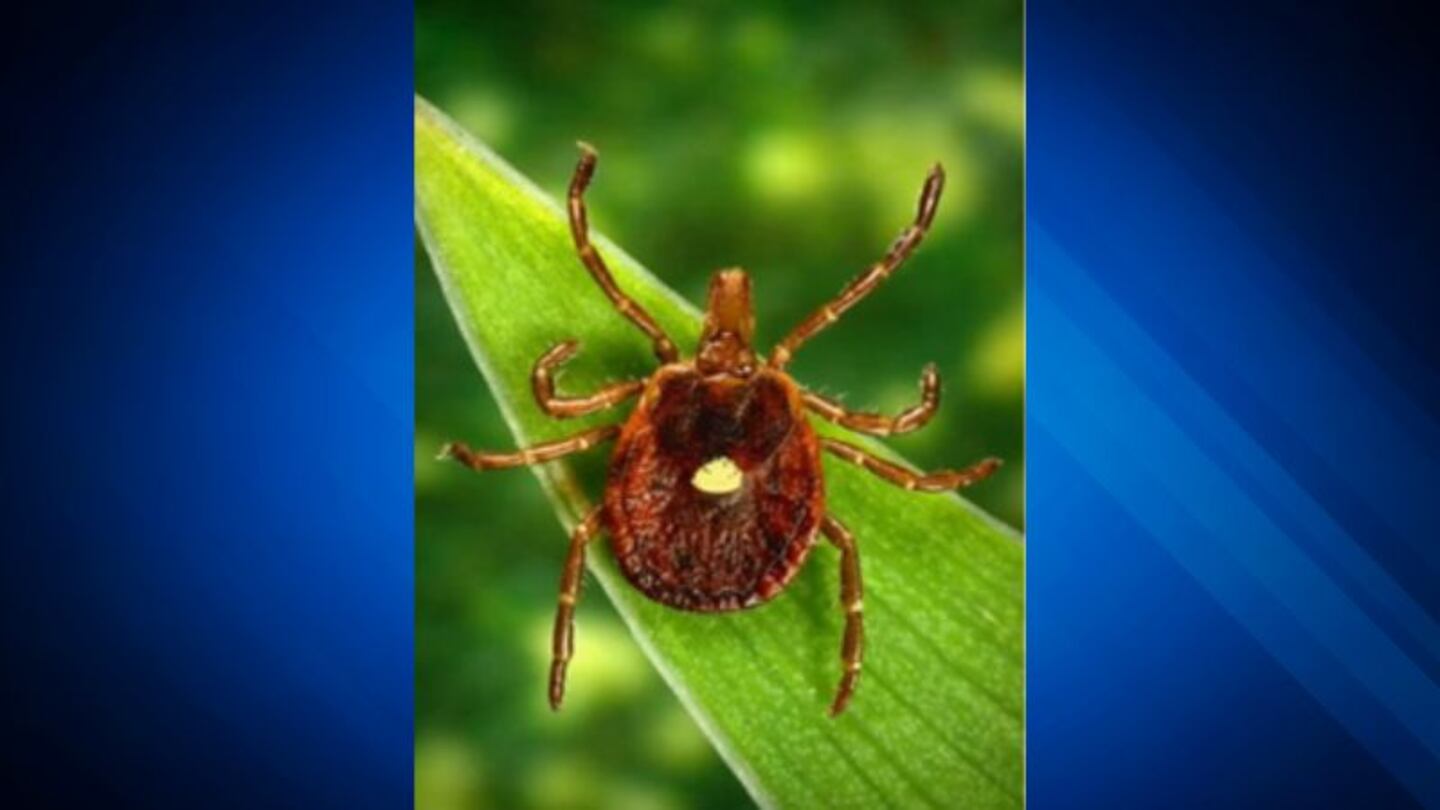Health officials in New England are warning the public about ticks and mosquitoes becoming more active as the weather warms up.
In Massachusetts, tick season is here, and careful or not, the parasites can become embedded in your skin.
There are ways to protect yourself from ticks while outdoors, said Dr. Jonathan Edlow, a physician at Beth Israel Deaconess Medical Center and an emergency medicine professor at Harvard Medical School.
“Stay in the center of the trail rather than at the edges of the trail can reduce your exposures to ticks,” Edlow said. “They basically are sitting on a bush or a blade of tall grass waiting for a mammal to walk by.”
There are three types of ticks: Deer, dog and Lone Star ticks, with the last type having moved its way up from the southeast,“ Edlow said.
“It’s extended up as high as Maine,” Edlow said of Lone Star ticks.
He suggested wearing light-colored clothing while outside to detect ticks.
In New Hampshire, state health officials on Monday offered tips for preventing tick and mosquito bites.
“The best way to protect yourself from illnesses spread by ticks and mosquitoes is to prevent bites,” New Hampshire State Epidemiologist Dr. Benjamin Chan said in a statement. “Everyone can take simple steps to protect themselves and stay healthy as they enjoy the New Hampshire outdoors.”
While ticks can be active year-round, the risk of bites increases as the snow melts and ticks begin to emerge from the leaf litter, officials said.
In New Hampshire, ticks are typically most active from April to November.
Deer tick nymphs, which are thought to cause most tick-borne illnesses, are usually most active from May to July.
The most common tickborne illness in New Hampshire is Lyme disease, but ticks can spread other pathogens, like Powassan virus, anaplasmosis, and babesiosis, officials said.
Mosquitoes are also more active during warmer months in New Hampshire and may bite during the day or night.
Officials said there are three diseases that circulate among mosquitoes in the state: Jamestown Canyon Virus, Eastern Equine Encephalitis Virus, and West Nile Virus.
Whereas the risk of JCV begins increasing in the spring, the risk of EEE and WNV increases through the summer and fall as the viruses spread among animal populations.
Diseases spread by ticks and mosquitoes often cause flu-like symptoms, including fever, muscle aches, headaches, and fatigue.
In some patients, the diseases may cause serious complications, including neurological problems.
Anyone who develops these symptoms after a bite should contact their healthcare provider.
State health officials offered the following tips to prevent tick and mosquito bites and the diseases they may cause:
- Protect yourself from bites. Wear insect repellents and treat clothing with permethrin. When outside, wear protective clothing such as socks, long-sleeved shirts, and long pants. Wear light-colored clothing, which makes it easier to spot ticks.
- Check yourself for ticks. After being outside, check your body for ticks. If you find a tick that has bitten you, remove it as soon as possible with a pair of tweezers to lower your risk of illness. Consider using the Tick Bite Bot to help you decide when to contact your healthcare provider. To get rid of any loose ticks that haven’t bitten yet, shower as soon as possible and wash and dry your clothes on high heat after coming indoors.
- Take precautions in tick and mosquito habitats, including forests, marshes, trails, and tall grasses. Stay on cleared paths to help reduce the risk of tick bites.
- Reduce the number of ticks and mosquitoes around your home. Clear leaf litter, tall grass, or brush around your home and mow the lawn frequently. Remove or cover outdoor items with standing water, where mosquitoes lay their eggs. Install or repair window and door screens to prevent mosquitoes from entering your home.
Anyone with questions may call the state Division of Public Health Services at 603-271-4496.
For more information about ticks and mosquitoes, the illnesses they spread, and how to prevent bites, visit the state’s Tickborne Diseases website or the state’s Mosquito-Borne Illnesses website.
This is a developing story. Check back for updates as more information becomes available.
Download the FREE Boston 25 News app for breaking news alerts.
Follow Boston 25 News on Facebook and Twitter. | Watch Boston 25 News NOW
©2025 Cox Media Group






